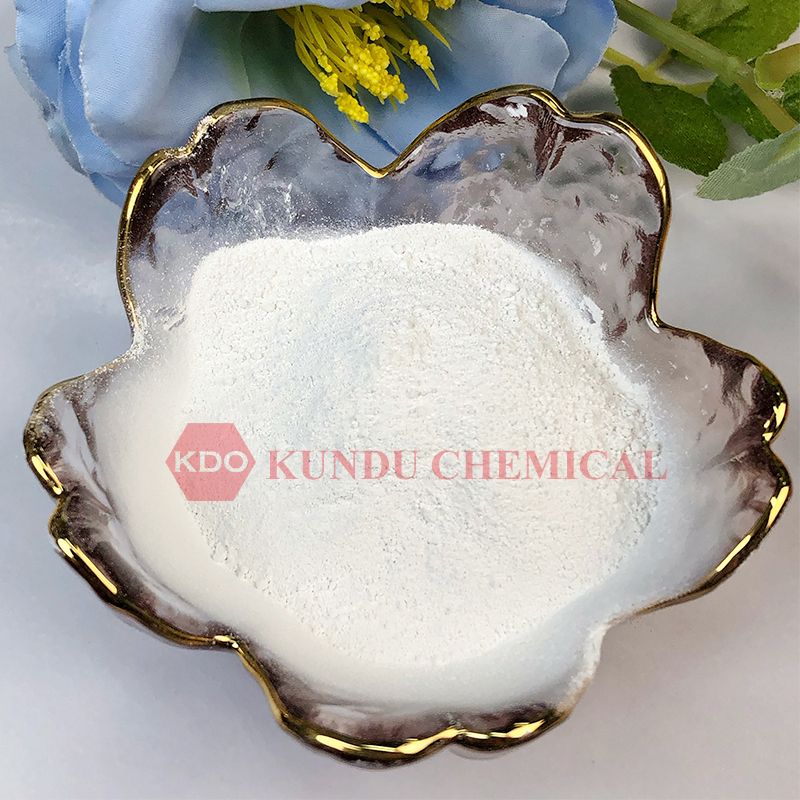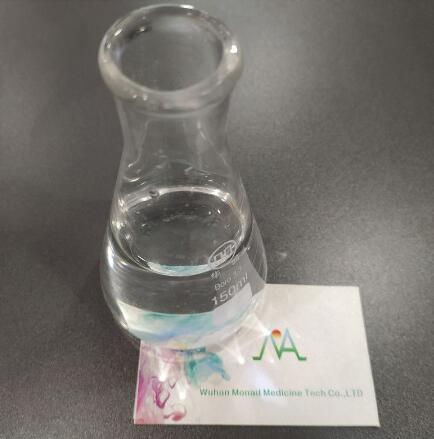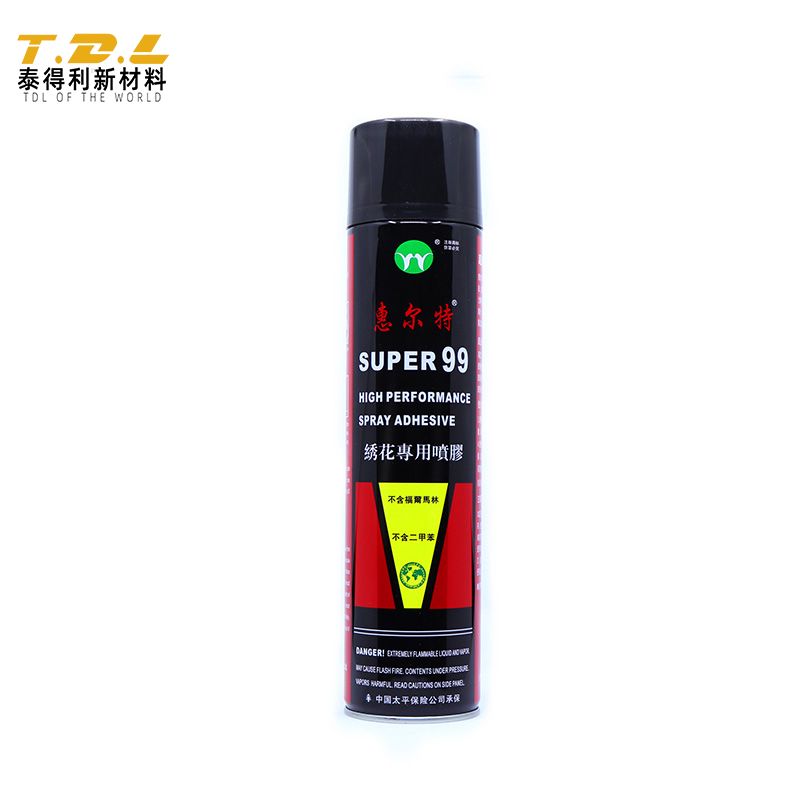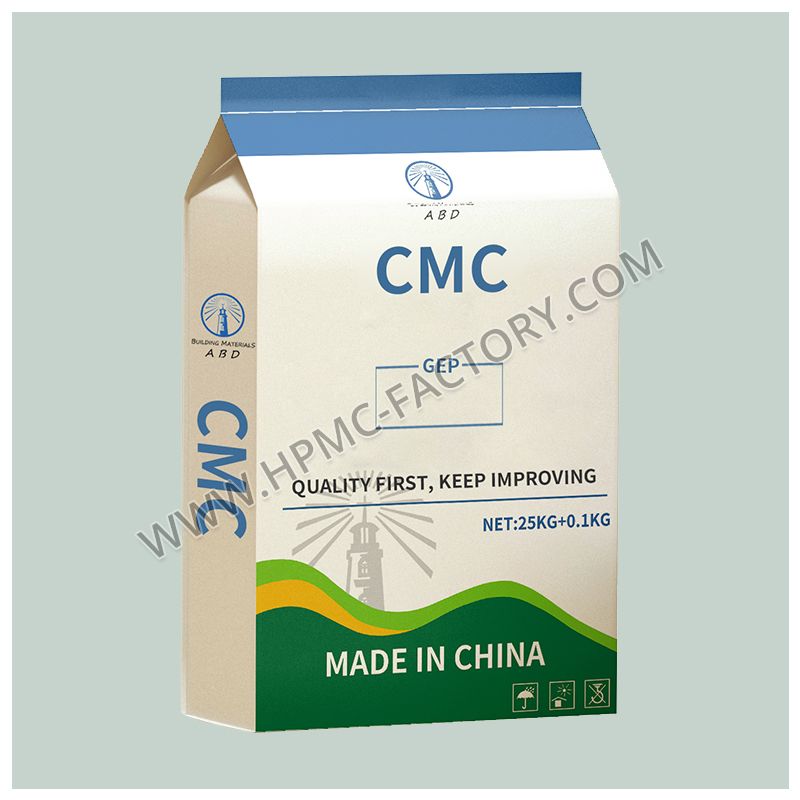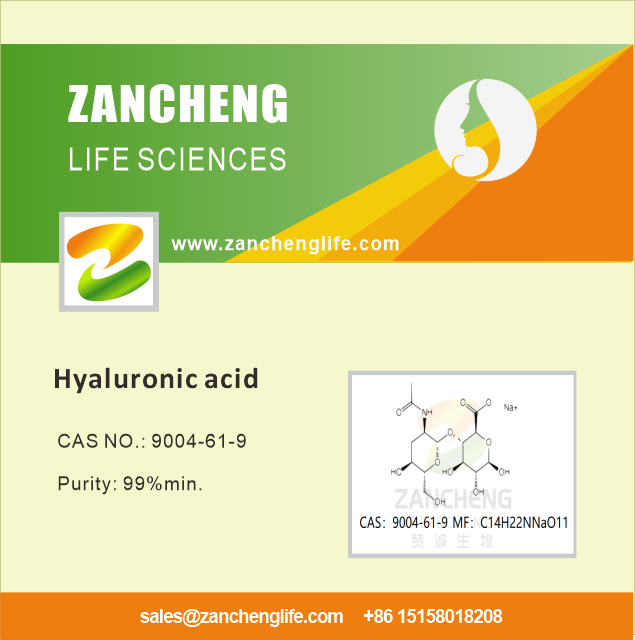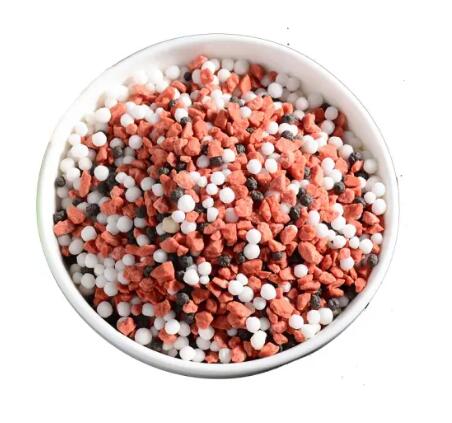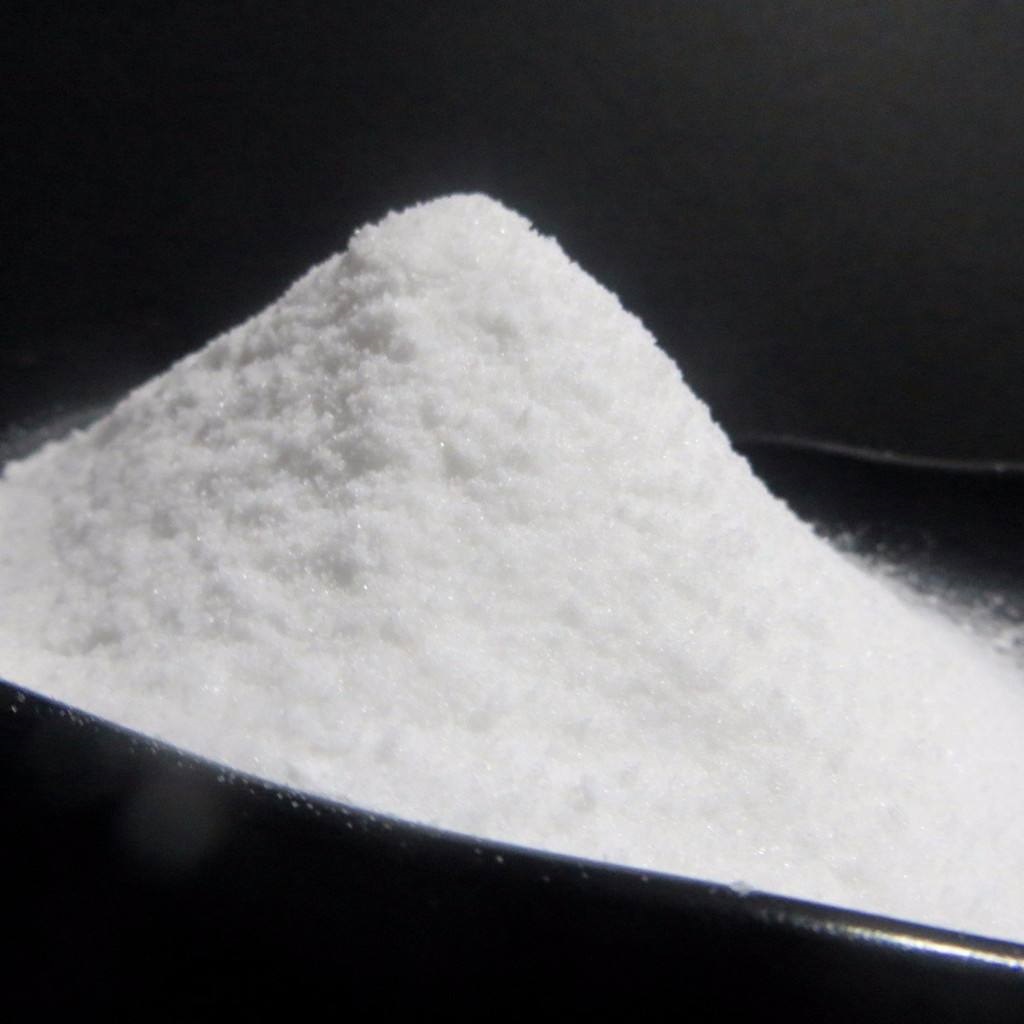Sodium Cumene Sulfonate: Unveiling the Versatile Surfactant
In the world of chemistry, certain compounds play pivotal roles in diverse industrial applications, often working behind the scenes to enhance various processes. Sodium Cumene Sulfonate, a lesser-known yet highly versatile surfactant, is one such compound that has found its way into numerous industries due to its unique properties and capabilities. This article delves into the world of Sodium Cumene Sulfonate, shedding light on its uses, benefits, and significance across various sectors.
Understanding Sodium Cumene Sulfonate:
Sodium Cumene Sulfonate, often abbreviated as SCS, is a sulfonated aromatic compound derived from cumene, which is an organic compound. It falls under the category of surfactants, which are substances that help reduce the surface tension between liquids or between a liquid and a solid, facilitating the mixing of substances that would otherwise not easily combine.
Industrial Applications:
Petroleum Industry: One of the prominent applications of Sodium Cumene Sulfonate is in the petroleum industry. It is used as a component in drilling fluids, which are essential for oil and gas drilling operations. In this context, SCS acts as a dispersant and emulsifier, assisting in breaking down and dispersing solid particles and stabilizing the mixture of oil, water, and other additives used in drilling fluids.

Concrete Industry: Sodium Cumene Sulfonate finds a unique application in the concrete industry. It acts as a superplasticizer, a substance added to concrete mixtures to improve their workability without compromising the strength of the final product. SCS aids in dispersing cement particles more effectively, allowing for better fluidity and easier placement of concrete, which is particularly valuable in large construction projects.
Detergent and Cleaning Products: As a surfactant, Sodium Cumene Sulfonate is used in the formulation of detergents and cleaning products. Its ability to lower surface tension and enhance the wetting of surfaces makes it effective in breaking down and removing dirt, grease, and stains. Additionally, its foaming properties contribute to the formation of stable and long-lasting suds in various cleaning formulations.
Related articles:Chemicals
Ethylene Glycol Diacetate: Properties, Applications, and Safety Considerations
The Versatility and Convenience of Spray Adhesive: A Sticky Solution for Various Applications
Hydroxyethyl Methyl Cellulose: A Versatile Polymer with Wide-ranging Applications
Sulfonyl Halides: Versatile Compounds in Organic Chemistry
1-Chlorooctane: A Prominent Alkyl Halide in Organic Synthesis
Understanding Refrigerant Gases: Types, Properties, and Applications
Textile Industry: In textile processing, SCS plays a role in dyeing and printing processes. It helps disperse dyes evenly in water and promotes their absorption onto fabrics, ensuring consistent coloration. Moreover, Sodium Cumene Sulfonate aids in preventing the agglomeration of dye particles, leading to improved color uniformity and vibrancy in finished textiles.
Agrochemicals: The agricultural sector also benefits from Sodium Cumene Sulfonate. It is used in the formulation of pesticides and herbicides to improve their dispersibility in water. This ensures that the active ingredients are evenly distributed when these chemicals are applied to crops, leading to more effective pest and weed control.
Environmental Considerations:
While Sodium Cumene Sulfonate offers numerous advantages in various applications, it's essential to consider its potential environmental impact. Proper handling, usage, and disposal are crucial to prevent adverse effects on ecosystems and water sources. Regulatory guidelines and best practices must be followed to minimize any potential negative consequences.
In Conclusion:
Kunxiangda Sodium Cumene Sulfonate may not be a household name, but its impact extends across a wide range of industries. Its ability to modify surface properties, disperse substances, and improve fluidity makes it a valuable asset in sectors ranging from petroleum and construction to cleaning and textiles. As technology advances and our understanding of chemical compounds deepens, Sodium Cumene Sulfonate's role in various applications is likely to expand, contributing to enhanced efficiency and innovation across industries while highlighting the importance of responsible chemical usage and environmental stewardship.
Can Water Resistant White Powder MHEC Revolutionize Construction Materials?
HPMC for Wall Putty: Enhancing Performance and Durability
Daily Chemical Detergent Grade HPMC Cellulose: Enhancing Performance and Sustainability
What is lithium aluminium deuteride?
Production Process of Methyl Acetate
Praziquantel USP: The Effective Antiparasitic Agent
What is sodium sulfide used for?




